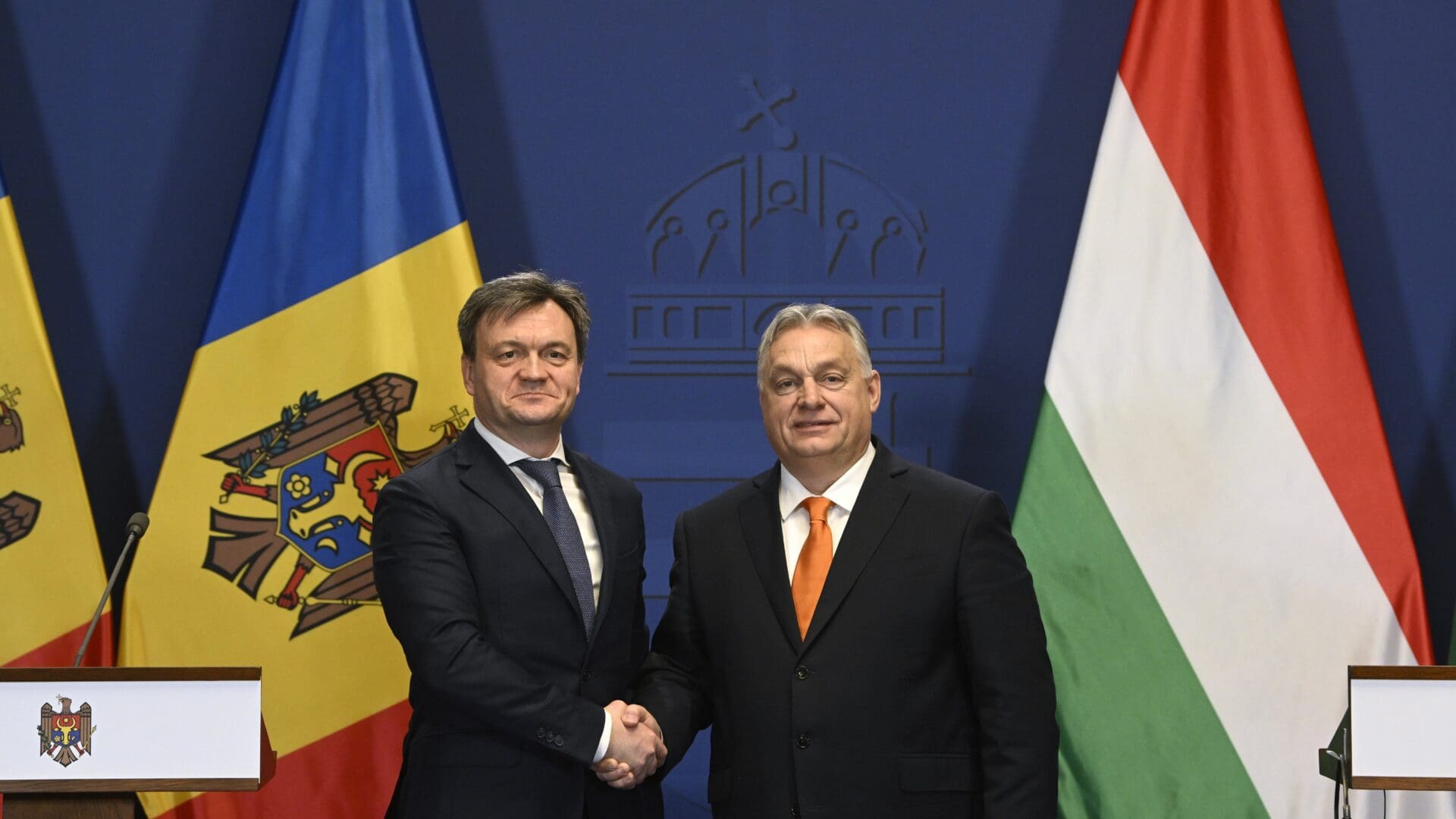Prime Minister Viktor Orbán declared on Thursday in Budapest, following talks with his Moldovan counterpart Dorin Recean, that Hungary unequivocally supports Moldova’s accession to the European Union.
Orbán emphasized that there are no outstanding issues between the two countries, and they view each other positively. However, he acknowledged that the density and strength of diplomatic relations, for some reason, may not be as they should be. Therefore, the purpose of the meeting of the two leaders was to establish closer cooperation, as there is a solid foundation for the two countries to work together much better than before.
Hungary has always supported Moldova’s EU membership, and it will continue to do so without any compromise or debate, stated Orbán. According to him, Moldova is on a direct path to EU membership, and Hungary understands the geopolitical environment that makes swift accession necessary. He added that Moldova has a good reputation in Europe, thanks to its migrant workers. Orbán stressed that the Hungarian government considers Moldovans willing, able, and eager to work, which is a quality in short supply in the European Union.
In a joint press statement with the Moldovan Prime Minister,
Orbán described the eight years since Moldova signed the Association Agreement with the European Union as ‘offensively long’
and expressed hope that some of the lost time may be regained by speeding up accession negotiations. Having already gone through the EU accession process, Hungary understands that it is an extremely complex task, said Orbán Viktor. He offered Hungary’s diplomatic academy as a place that will welcome a large number of students from Moldova.
The two countries have been in diplomatic relations for 32 years, signed a strategic partnership agreement four years ago, and have recently set a record in trade, reaching the $200 million mark, he reminded, adding that the two countries aim to continuously increase these figures.
The PM also mentioned Hungary’s interest in a duty-free relationship between Moldova and the European Union. He expressed Hungary’s willingness to help re-establish direct air connections between the two countries, possibly by the end of March. Since both countries import the energy necessary for their economies, Hungary and Moldova have a mutual interest in having advanced energy networks in the Central and Southeast European region, which also ensures economic and military security, Orbán explained. The agreement between the two governments covers all strategic issues, and the negotiations will continue during on Thursday.
In response, Moldovan Prime Minister Dorin Recean expressed gratitude for Hungary’s support in Moldova’s European integration process. He signalled that the country is looking forward to Hungary taking over the EU presidency in July and expect continued support from Hungary. Recean, who invited Hungarian investors and businessmen to visit Chisinau, assessed that the relationship between Hungary and Moldova has tremendous potential in IT, agriculture, energy, finance, and infrastructure. He highlighted that the resumed air connection between the two countries could significantly contribute to the economic recovery of Moldova. In their joint press statement, Dorin Recean advocated for regional cooperation between Hungary and Moldova in the energy sector, indicating that the talks also covered possibilities for gas supply.
Related articles:
Sources: Hungarian Conservative/MTI








